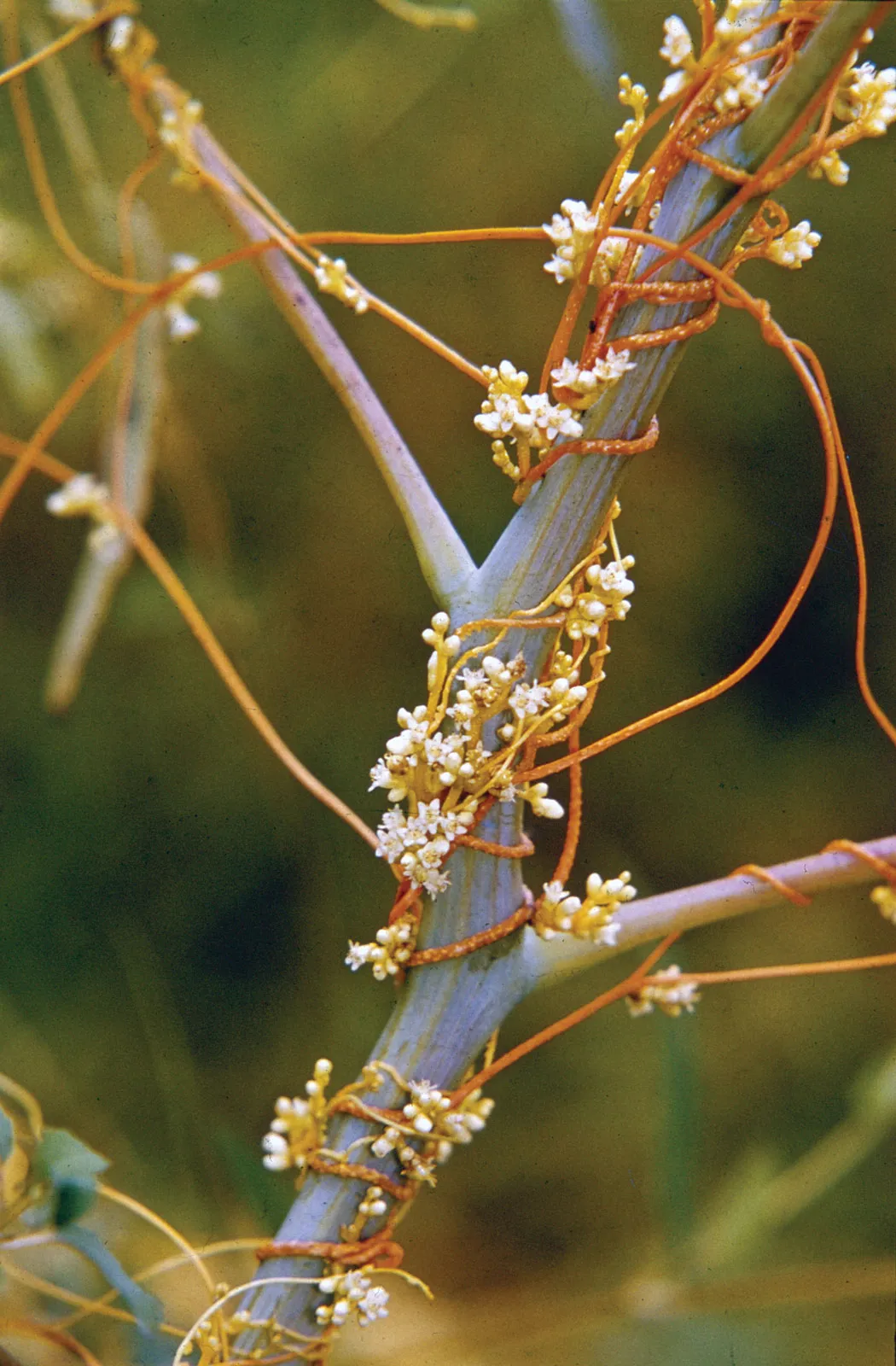Parasitism is a symbiotic relationship between two organisms of different species in which one organism, the parasite, lives off the other organism, the host. The parasite benefits from the relationship while the host is harmed.
There are three main types of parasites: protozoa, helminths, and arthropods. Protozoa are single-celled parasites that can cause diseases such as malaria and amoebic dysentery. Helminths are multi-celled parasites that include flatworms, roundworms, and tapeworms. Arthropods are parasitic insects that include fleas, lice, and ticks.
Parasites can be transmitted to humans in a number of ways including contact with contaminated food or water, through insect bites, or by direct contact with an infected individual. Some parasites do not cause any symptoms while others can cause severe illness. Treatment for parasitic infections usually involves medication to kill the parasites. Prevention of parasitic infections includes good hygiene practices and prompt treatment of any illnesses that may make a person more susceptible to infection.


